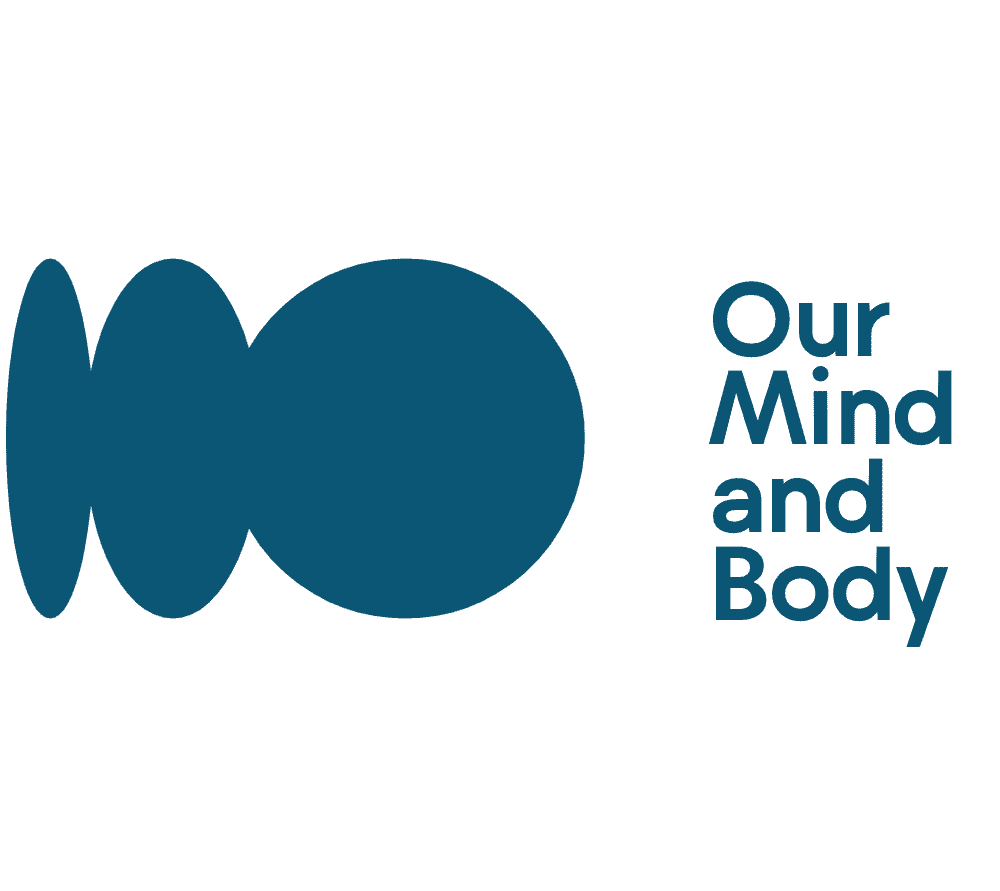The Path to Personal Growth: A Comprehensive Guide to Self-Improvement
Did you know that 80% of people believe they have the potential to grow and improve themselves?
Welcome to ‘The Path to Personal Growth: A Comprehensive Guide to Self-Improvement.’ In this article, I will share valuable insights and practical strategies to help you become the best version of yourself.
We will explore the importance of setting goals, developing a positive mindset, cultivating healthy habits, building resilience, nurturing relationships, and much more.
Get ready to embark on a transformative journey towards self-improvement and unlock your full potential.
Key Takeaways
- Setting goals and developing a positive mindset are crucial for personal growth.
- Cultivating healthy habits, such as self-care, exercise, healthy eating, and adequate sleep, supports overall well-being.
- Building resilience and overcoming challenges are essential for personal growth.
- Nurturing relationships and social connections foster a sense of belonging, support, and contribute to personal growth.
The Importance of Setting Goals
You should always remember the importance of setting goals in your personal growth journey. Goal setting is a fundamental aspect of achieving success and plays a crucial role in our overall development. When we set goals, we give ourselves something to strive for, a direction to follow, and a sense of purpose. Without clear goals, we may find ourselves drifting aimlessly, lacking motivation and a sense of accomplishment.
Setting goals not only helps us achieve success but also enables us to manage our time effectively. By setting specific, measurable, achievable, relevant, and time-bound (SMART) goals, we can prioritize our tasks and allocate our time accordingly. Time management is a key skill in personal growth, as it allows us to make the most out of our limited time and resources. By setting goals, we can break down our larger objectives into smaller, manageable tasks, making them more attainable.
Furthermore, goals provide us with a roadmap to follow. They give us a clear vision of what we want to achieve and help us stay focused and motivated along the way. With goals in place, we can track our progress, celebrate our accomplishments, and make adjustments as needed. They act as a guidepost, keeping us on track and ensuring that we are consistently moving forward in our personal growth journey.
Developing a Positive Mindset
Developing a positive mindset is essential for achieving personal growth and reaching your goals. It is the foundation upon which all other self-improvement efforts are built.
When you have a positive mindset, you are more likely to take risks, overcome challenges, and persevere in the face of adversity.
Here are four key strategies that can help you develop a positive mindset:
-
Positive affirmations: Affirmations are powerful tools that can help reframe your thoughts and beliefs. By repeating positive statements about yourself and your abilities, you can shift your mindset from self-doubt to self-confidence.
-
Mindfulness meditation: Practicing mindfulness meditation can help you cultivate a sense of presence and awareness. By focusing on the present moment and observing your thoughts without judgment, you can develop a more positive and compassionate mindset.
-
Surrounding yourself with positive influences: The people you surround yourself with can greatly impact your mindset. Surround yourself with positive, supportive individuals who inspire and uplift you.
-
Gratitude practice: Cultivating a sense of gratitude can help shift your focus from what is lacking to what you already have. Take time each day to reflect on the things you are grateful for and express appreciation for them.
By incorporating these strategies into your daily life, you can cultivate a positive mindset that will propel you towards personal growth and success.
Cultivating Healthy Habits
To cultivate healthy habits, it’s important to prioritize self-care and make choices that support your overall well-being. Maintaining self-discipline and finding a balance between work and personal life are key factors in achieving this. It takes effort and dedication, but the rewards are worth it.
| Healthy Habits | Benefits | Practical Tips |
|---|---|---|
| Regular Exercise | – Increases energy levels – Improves mood and mental health – Boosts immune system |
– Find an activity you enjoy – Schedule exercise into your routine – Start with small goals and gradually increase intensity |
| Healthy Eating | – Provides necessary nutrients – Maintains healthy weight – Reduces risk of chronic diseases |
– Plan meals in advance – Include a variety of fruits, vegetables, and whole grains – Practice portion control |
| Adequate Sleep | – Enhances cognitive function – Improves mood and emotional well-being – Supports overall health |
– Establish a consistent sleep routine – Create a sleep-friendly environment – Limit caffeine and electronic device use before bedtime |
Building Resilience and Overcoming Challenges
Building resilience and overcoming challenges can be difficult, but it is essential for personal growth and well-being. Life is full of ups and downs, and it is during the tough times that our true strength is tested. However, with the right strategies and mindset, we can conquer any adversity that comes our way.
Here are four resilience strategies to help you overcome challenges and thrive in the face of adversity:
-
Cultivate a positive mindset: Train your mind to see the silver linings in difficult situations. Focus on the lessons learned and the growth that can come from overcoming challenges.
-
Build a support network: Surround yourself with positive and supportive people who can lift you up during tough times. Lean on them for encouragement, advice, and perspective.
-
Practice self-care: Prioritize self-care to ensure you are physically, mentally, and emotionally equipped to handle challenges. This includes getting enough sleep, eating well, exercising regularly, and taking time for activities that bring you joy and relaxation.
-
Set realistic goals: Break down big challenges into smaller, manageable goals. Celebrate each milestone along the way, and use setbacks as opportunities for growth and learning.
Nurturing Relationships and Social Connections
When it comes to nurturing relationships and social connections, it’s important to prioritize quality over quantity. Strengthening bonds and fostering a sense of community are essential for personal growth and overall well-being.
We often get caught up in the number of friends or followers we have, but what truly matters is the depth and authenticity of our connections.
Investing time and effort into cultivating meaningful relationships can have a profound impact on our lives. Quality relationships provide emotional support, enhance our self-esteem, and contribute to our overall happiness. They create a sense of belonging and allow us to share our joys, sorrows, and aspirations with others who genuinely care.
To strengthen bonds, it’s crucial to be present and attentive in our interactions. Active listening, empathy, and open communication are key elements of building deep connections. It’s important to show genuine interest in others, ask meaningful questions, and actively engage in conversations.
Additionally, fostering a sense of community is vital for personal growth. When we are part of a supportive community, we feel valued, understood, and accepted. Engaging in activities that align with our interests and values can help us find like-minded individuals and create a sense of belonging.
Frequently Asked Questions
How Can I Overcome Procrastination and Stay Motivated When Working Towards My Goals?
To overcome procrastination and stay motivated while working towards my goals, I have found it essential to identify and address my distractions. By recognizing what pulls me away from my tasks, I can create strategies to maintain focus.
Setting clear goals, breaking them down into smaller, manageable tasks, and establishing a consistent routine have been effective in combating procrastination.
Additionally, finding inspiration and reminding myself of the reasons behind my goals helps to stay motivated and committed to personal growth.
What Are Some Effective Strategies for Managing Stress and Maintaining a Healthy Work-Life Balance?
Managing stress and maintaining a healthy work-life balance can be a challenging endeavor. It requires a combination of effective strategies and self-awareness.
One key strategy is prioritizing tasks and setting boundaries to prevent work from overwhelming your personal life.
Additionally, incorporating stress management techniques such as exercise, meditation, and deep breathing can help reduce stress levels.
Are There Any Specific Techniques or Exercises to Improve Self-Confidence and Enhance Self-Esteem?
When it comes to improving self-confidence and enhancing self-esteem, there are several techniques and exercises that have proven to be effective.
Building resilience is key, as it helps us bounce back from setbacks and challenges.
Additionally, cultivating self-compassion is crucial, as it allows us to be kinder and more understanding towards ourselves.
How Can I Effectively Deal With Setbacks and Failures Along My Personal Growth Journey?
When it comes to dealing with setbacks and failures along my personal growth journey, I’ve found that resilience techniques and learning from mistakes are key.
It’s important to remember that setbacks are a natural part of the process, and they can actually serve as valuable learning opportunities.
By staying resilient and maintaining a positive mindset, I can bounce back stronger.
Every setback is a chance for growth and improvement on my path to personal development.
What Are Some Practical Ways to Improve Communication Skills and Build Better Relationships With Others?
Improving communication skills and building better relationships with others is essential for personal growth.
Conflict resolution and active listening are key components in this process. By learning how to effectively resolve conflicts, I can navigate through challenging situations and foster healthier connections.
Additionally, active listening allows me to truly understand and empathize with others, creating a stronger foundation for meaningful relationships.
These practical skills enable me to communicate more effectively and cultivate positive interactions with those around me.
Conclusion
In conclusion, embarking on the path to personal growth is a transformative journey that requires dedication and perseverance. By setting goals and adopting a positive mindset, we can unlock our true potential and lead a more fulfilling life. Cultivating healthy habits and building resilience are also important aspects of personal growth. Additionally, nurturing relationships plays a crucial role in our journey towards self-improvement. It’s important to remember that personal growth takes time and effort, so we should embrace this journey with open hearts and minds. Every step we take brings us closer to becoming the best version of ourselves.



















